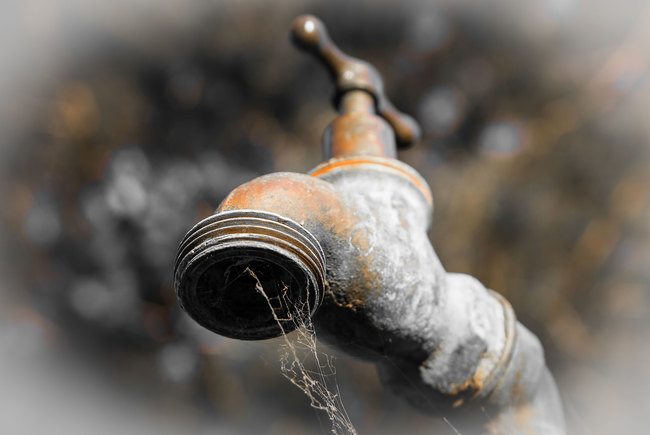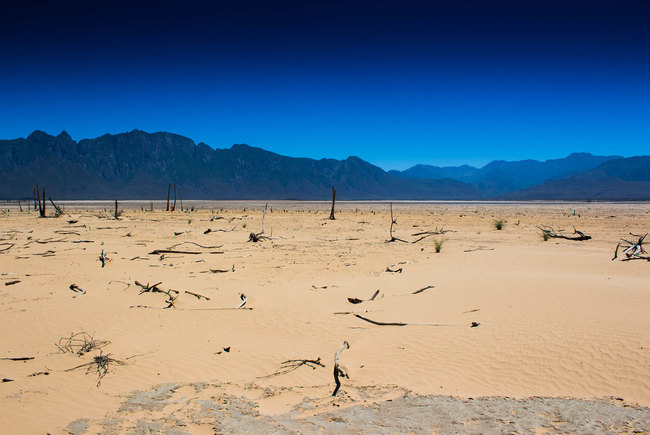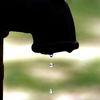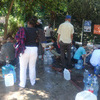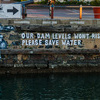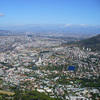Response to Premier's statement about drought
02 June 2017 | Opinion Peter Johnston.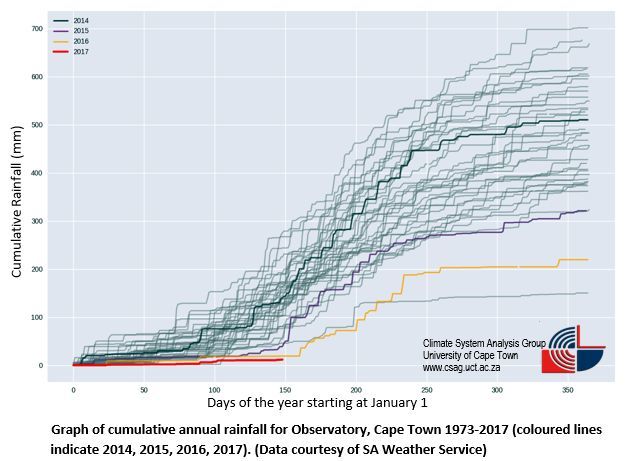
The views and opinions expressed here are solely those of the individual authors in their private capacity; they do not represent or reflect the views, opinions or policies of the University of Cape Town or the Communication and Marketing Department.
The Premier of the Western Cape was recently quoted as saying that the current drought in the Western Cape is the worst in over 100 years and many reports have said 'since 1904'. This is somewhat misleading as according to records at the Observatory and Groot Constantia, 1904 was a wetter than normal year.
Considering that rainfall values vary substantially across the SW Cape and that the water resources (dams etc) used for the city have changed quite dramatically over the last 100 years, such comparisons are not very useful. Rather we should look at how often Cape Town has been water stressed. This is also subjective, however, as water usage varies depending on user's requirements and affluence.
Looking at the data we can say that there have been some significant dry spells - notably between 1924-1938 and between 1990-2000, when the rainfall at Observatory was consistently lower than the average. We don't have any records of any dire water shortages during that period so it assumes that the supply was sufficient for the smaller demand at the time. We currently have a situation where consecutive dry years in the catchment areas of our current dams, combined with somewhat unchecked usage has led to a situation where 'zero water day' is being contemplated. The threat of another drier winter this year has put the city in a dire situation.
Clearly the lack of rainfall is not normal, but the projections of reduced rainfall due to climate change may result in a lower 'normal' rainfall. This, combined with an increasing and more affluent population is a two-pronged threat to the city's water security.
Peter Johnston is part of the Climate System Analysis Group in the Department of Environment and Geographical Science at UCT.
 This work is licensed under a Creative Commons Attribution-NoDerivatives 4.0 International License.
This work is licensed under a Creative Commons Attribution-NoDerivatives 4.0 International License.
Please view the republishing articles page for more information.
Cape Town water crisis
At UCT our researchers have been analysing the causes of the current drought, monitoring water usage on campus and in the city, and looking for ways to save water while there is still time. As part of UCT’s water-saving campaign, all members of the campus community are encouraged to reduce their water use by half, which will help Cape Town to meet its water-use goals and ensure a water-sustainable university in the future.














